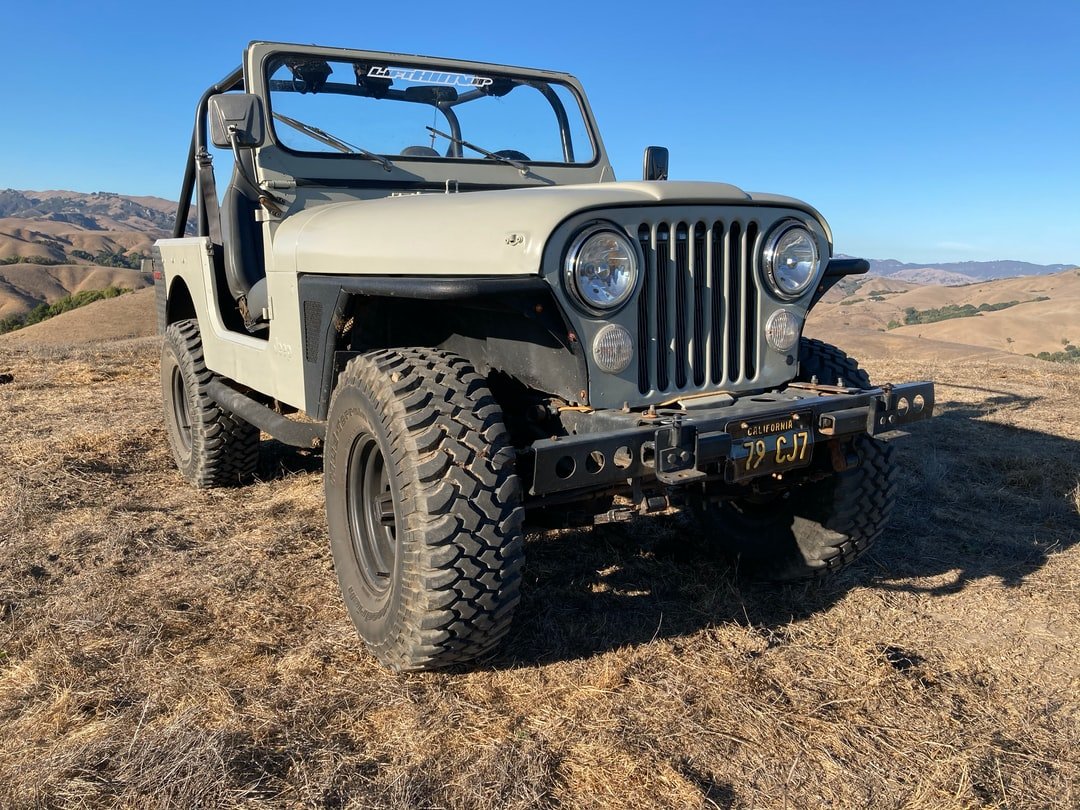All About Car Sale Considerations

A vehicle auction or car sale is a way for an individual, who has the cash to invest, to buy a car at a set price. A New Jeep Grand Cherokee for sale can be purchased anywhere from a few hundred dollars to several thousands of dollars depending on the demand for the automobile.
If you are looking to purchase a new RAM 1500 for sale at a vehicle auction or car sale, it is important to know what you are getting in to. An as-new car sale typically means a cell where a previously owned vehicle is sold to an individual at its current state, complete with all known and unknown defects and damages. Essentially, this means that if a previously owned car is sold as new, then the individual is not responsible for repairing or replacing any faulty or damaged parts.
Vehicles that have been previously owned, especially ones that have been through a restoration project are usually sold "as-is" with no warranty. As such, it is the responsibility of the new owner to repair or replace parts that become worn out due to excessive use or exposure to harsh elements such as cold, sun, salt water and more. If the buyer insists on having the vehicle repaired or replaced, both the buyer and the new owner must agree to the terms of the repair/ replacement contract. When this occurs, the buyer will receive a bill for the services rendered by the repair shop as well as a statement from the DMV stating that the car sale has been conducted under the provisions of a DMV written warranty.
Many states, counties and cities have their own vehicle valuation caps and requirements for auctions. Because of this, it is strongly recommended that buyers and sellers fully understand all of the valuation information for the vehicles they are interested in purchasing before making an offer to the dealer. This information can be found on the government websites for the respective county, city and state and, if possible, can also be obtained by talking to local law enforcement agencies. By understanding the valuation caps, taxes and fees, you will have a better idea of what the market value of the vehicle you are interested in is.
The title to the vehicle must be in your name unless otherwise stated and all sales contracts must be signed in your presence. Buyers are encouraged to carefully review the contract language to ensure that they are aware of all the state and local protections afforded to them by the document. Buyers should be aware that they have all of the rights to enter into a purchase agreement with the dealer; however, the contract must contain any provision that specifically authorizes the dealership to repossess the vehicle at any time during or after the sale if the buyer fails to make the payment as outlined in the contract. A provision that explicitly authorizes the dealership to sell the car without further inspection also should be avoided.
One important aspect that buyers need to be aware of is that any used car lemon law protections that are found in the documents accompanying the vehicle will no longer apply once the vehicle has been sold. This means that a dealership cannot be held responsible for failing to disclose a lemon issue until after the vehicle has been sold. This is important because all sales contracts should be void as soon as a problem arises. Lemon laws vary from state to state, so it is important to make sure you know which the most restrictive lemon laws are in your state. If the vehicle was purchased through a private sale, the buyer may not need to obtain a warranty or certification in order to be protected under the lemon law.
Many buyers assume that the asking price is the sole determining factor behind the selling price of a vehicle. In many cases, though, that is not the case. Whenever a prospective buyer presents a vehicle for sale to a dealer, the dealer can increase or decrease the asking price based on various factors. Buyers should ask the dealer what the factors are and how they adjust the price in order to make more money off of the vehicle. There are often hidden fees that buyers did not know about when the vehicle was being offered for sale. These can include any possible warranties that will need to be purchased by the buyers, down payments made by the buyers, the cost of the vehicle itself, any possible deposits that will need to be made by the buyers, any possible trade-in value that will need to be accepted by the buyers, and any other set of circumstances that the dealers need to know about in order to determine the fair market value of the vehicle they are buying.
